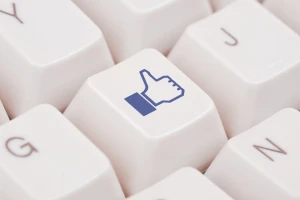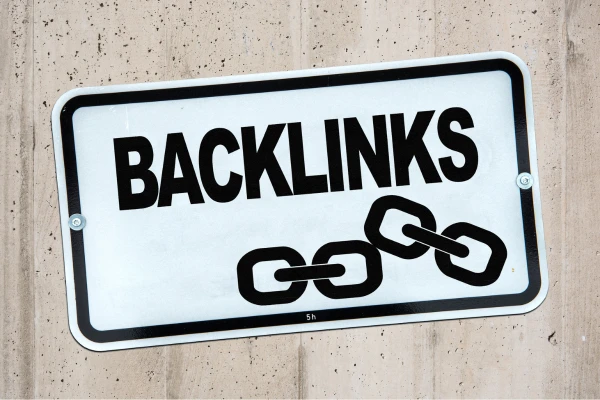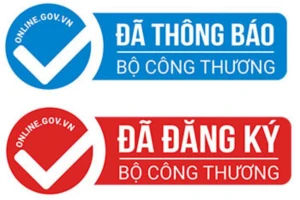What to Do When Your Domain Name is Misdirected or Cybersquatted? Let's Explore and Handle with MIMADIGI
In the digital age, a domain name is an extremely important digital asset. It's not just a website address; a domain name is also a core element of your brand, image, and online business activities. However, many businesses or individuals find themselves in situations where their domain name is misdirected, redirected incorrectly, or illegally cybersquatted, causing serious losses.
So, what should you do when this happens? How can you detect and handle it promptly and avoid future consequences? This article will provide detailed and comprehensive guidance to help you control, handle, and protect your domain effectively.

What is a Misdirected Domain?
A misdirected domain occurs when your domain has an incorrect DNS configuration or points to the wrong server, website, or IP address. As a result, when users type in your website address, they will access a different location, which could be:
- A blank website, error 404
- A third-party website
- A page containing malicious content
This causes significant losses in traffic, revenue, reputation, and SEO.
What is a Cybersquatted Domain?
Domain hijacking or cybersquatting is an act in which:
- A third party gains control of a domain you own
- Registers a similar domain with the intention of causing confusion or unfair competition
- Uses that domain to redirect users, generate profits, or cause damage to you
This form is common when:
- You do not renew your domain on time
- You do not secure your domain management account
- Competitors intentionally register domains that are similar to your brand
Consequences When Your Domain is Misdirected or Cybersquatted
- Loss of customers: Users cannot access the website, causing you to lose sales and conversion opportunities.
- SEO impact: Google cannot index the content correctly, reducing credibility, and causing rankings to plummet.
- Brand damage: Customers lose trust if they encounter incorrect or even fraudulent content.
- Cyberattacks, malware infection: If the domain points to a malicious location, you may be flagged as "not secure" by Google.
- Legal difficulties: Cybersquatting can cost you a lot of time and money in litigation to recover your domain.

Signs of a Misdirected Domain
- Your website suddenly becomes inaccessible
- Accessing the domain leads to a strange page with incorrect content
- The browser reports a security error or unusual redirects
- DNS checking tools show that the domain is pointing to a different IP address
- Customers report that your website does not display as before
Signs of a Cybersquatted Domain
- Unable to log in to your domain management account
- Receive an email from the registrar stating that the domain information has been changed
- Detect a domain that is similar to your brand operating and ranking on top of search engines
- Checking WHOIS shows that the owner information has been changed
- Being asked for money by a competitor to get the domain back
Common Causes of the Problem
Not Checking DNS Configuration Regularly
Incorrect DNS configuration or unauthorized interference is a leading cause of domain misdirection.
- Weak account security
- Easily guessed password
- Two-factor authentication not enabled
Using an Administration Email That is Vulnerable to Attack
Forgetting to Renew Your Domain
- Some businesses do not pay attention to the expiration date, leading to the loss of domain ownership.
Using an Unreliable Domain Registrar
- Providers that do not guarantee technical, security, and support aspects increase the risk of problems.
Errors from Third Parties
- When using hosting or CDN services from external providers, technical errors can cause DNS or domain settings to be changed unintentionally.

What to Do When You Discover Your Domain is Misdirected?
Check DNS Again
Use tools like:
- DNS Checker
- MxToolbox
Who.is
…to check where the domain's DNS is pointing. If you find the wrong IP or server:
- Access your domain management page
Adjust DNS Records Back to Your Hosting/Server
Restore from Backup
- If the data on the hosting is also affected, you need to use a backup (if available) to restore your website.
Contact Domain/Hosting Provider
Notify the domain management unit immediately for support:
- Reset DNS configuration
Increase Security
- Restore domain information if it has been changed
Check Activity Logs
If you suspect someone has interfered:
- Review the DNS and IP change history
- Find suspicious IP addresses or accounts
- Change all passwords and administration emails
- How to handle domain hijacking
Verify Ownership
Collect all information that proves you are the domain owner:
- Domain purchase invoices
- Letters, contracts with the registrar
- Original registration timestamps
Report Violation to Domain Registrar
Contact the registrar to:
- Verify the issue
- Submit legal documents

Request Support to Restore Domain Control
Use Domain Name Dispute Resolution Service (UDRP)
If the cybersquatter is not the registrar but a third party, you can file a complaint under the Uniform Domain-Name Dispute-Resolution Policy (UDRP) through organizations such as:
- WIPO (World Intellectual Property Organization)
- NAF (National Arbitration Forum - USA)
Initiate Legal Action (if necessary)
If all efforts fail and the domain significantly affects operations, you can hire a lawyer to:
- File a lawsuit
- Protect brand ownership
- Warn users
- During the processing time, you should:
- Send notifications via social networks and email
- Issue a warning so that users do not access the fake domain
- Use a temporary subdomain to maintain operations
Long-Term Preventive Measures
- Renew the domain regularly
- Use auto-renewal feature
- Set a renewal reminder at least 30 days in advance
- Secure admin accounts
- Change passwords regularly
- Use a separate email for domain administration
- Enable two-factor authentication (2FA)
Register Similar Brand Domains
- To avoid cybersquatting, register additional:
- Domains with different extensions (.com, .vn, .net, .co…)
- Easily misspelled domain names (e.g., amaz0n.com)
- Use domain lock service
Many registrars support domain locking to prevent unwanted transfers.

Configure DNS Professionally
Limit who can edit DNS. Use DNS services that log changes such as:
- Cloudflare
- Amazon Route 53
Business Domains Need to Be Managed as Digital Assets
For businesses, domain is the online face. Treat it like digital real estate, and:
- Assign it to a dedicated technical department
- Have clear management - backup - security policies
- Periodically review potential risks
Need Support for Domain Registration and Website Design?
Contact MIMADIGI now for advice and implementation of comprehensive solutions:
📞 Hotline: 0909.035.333
🌐 Website: https://mimadigi.com/
📧 Email: info@mimadigi.com


























Share your review